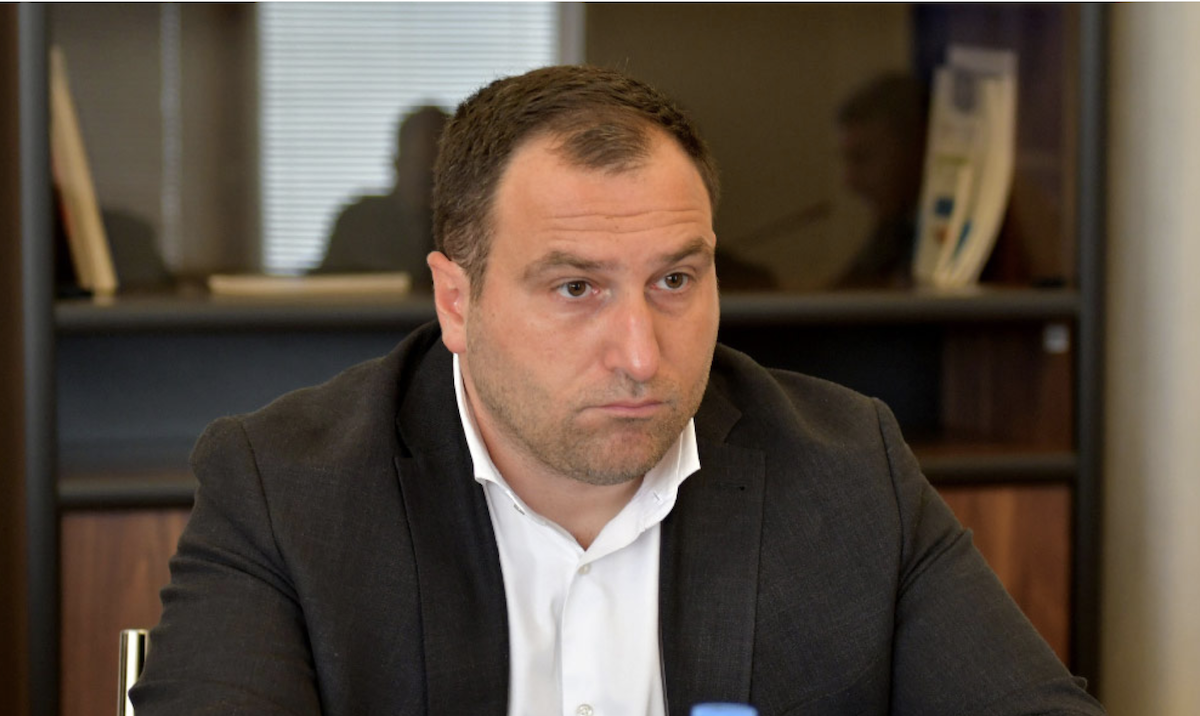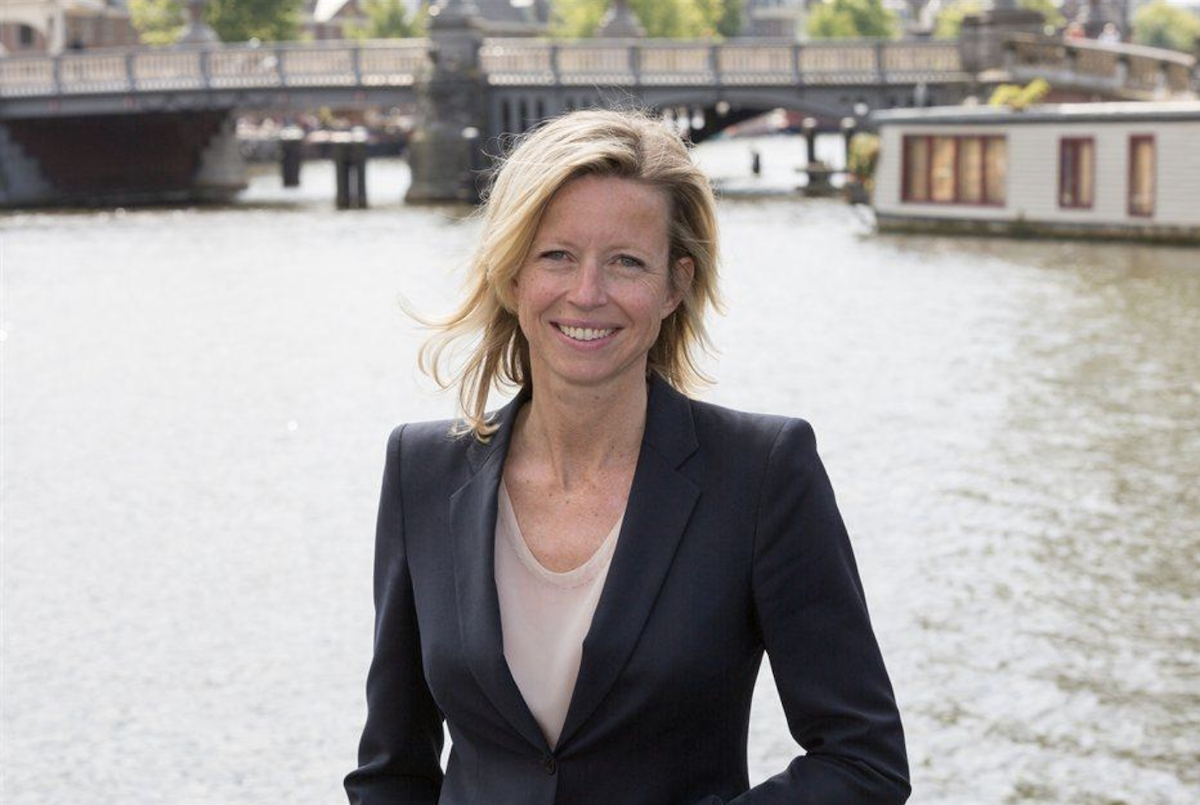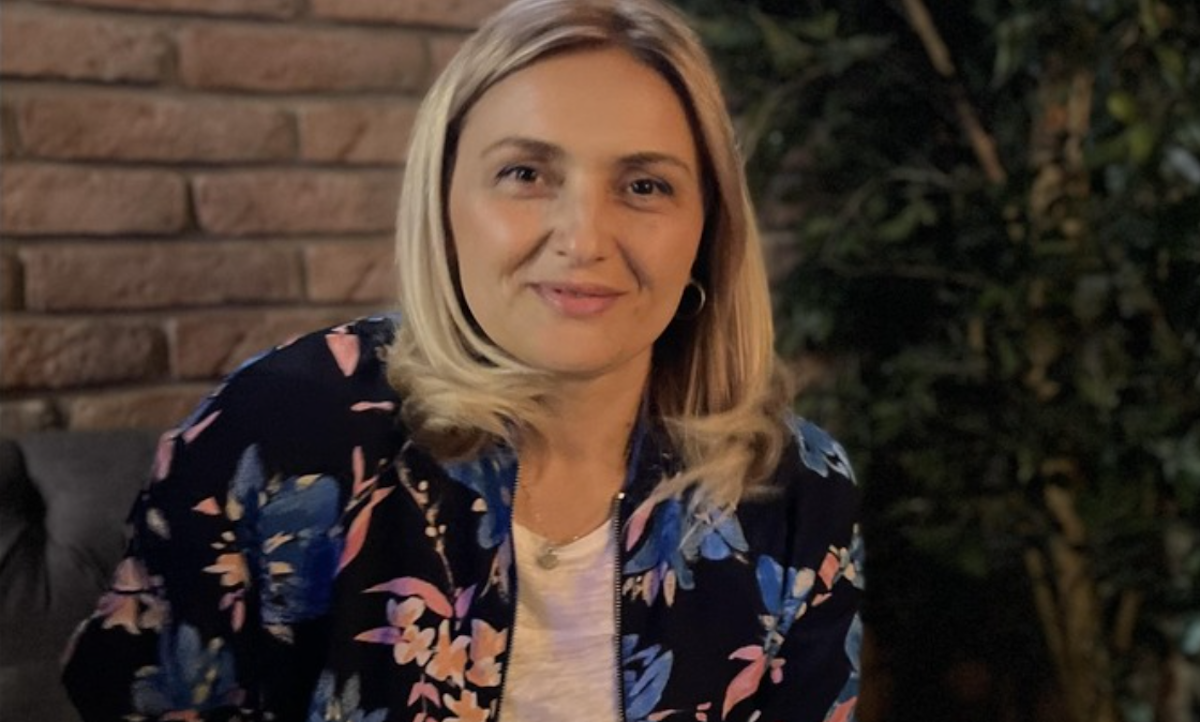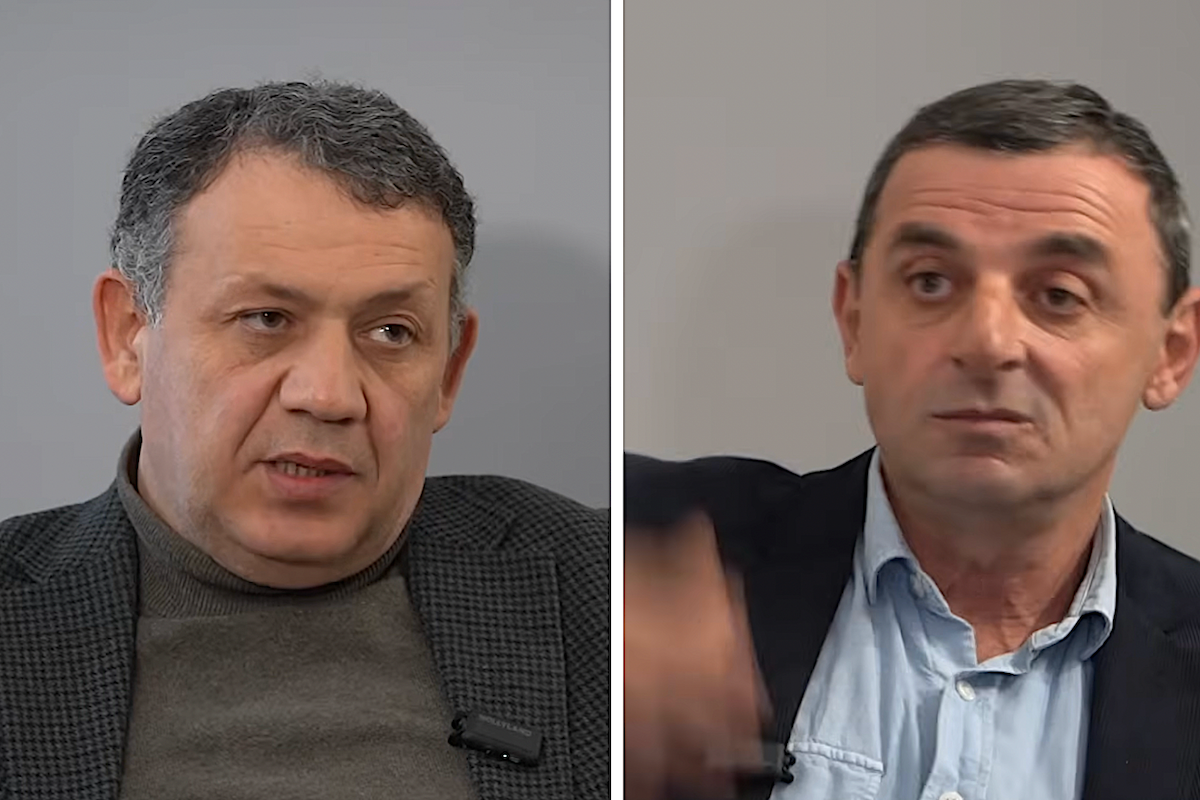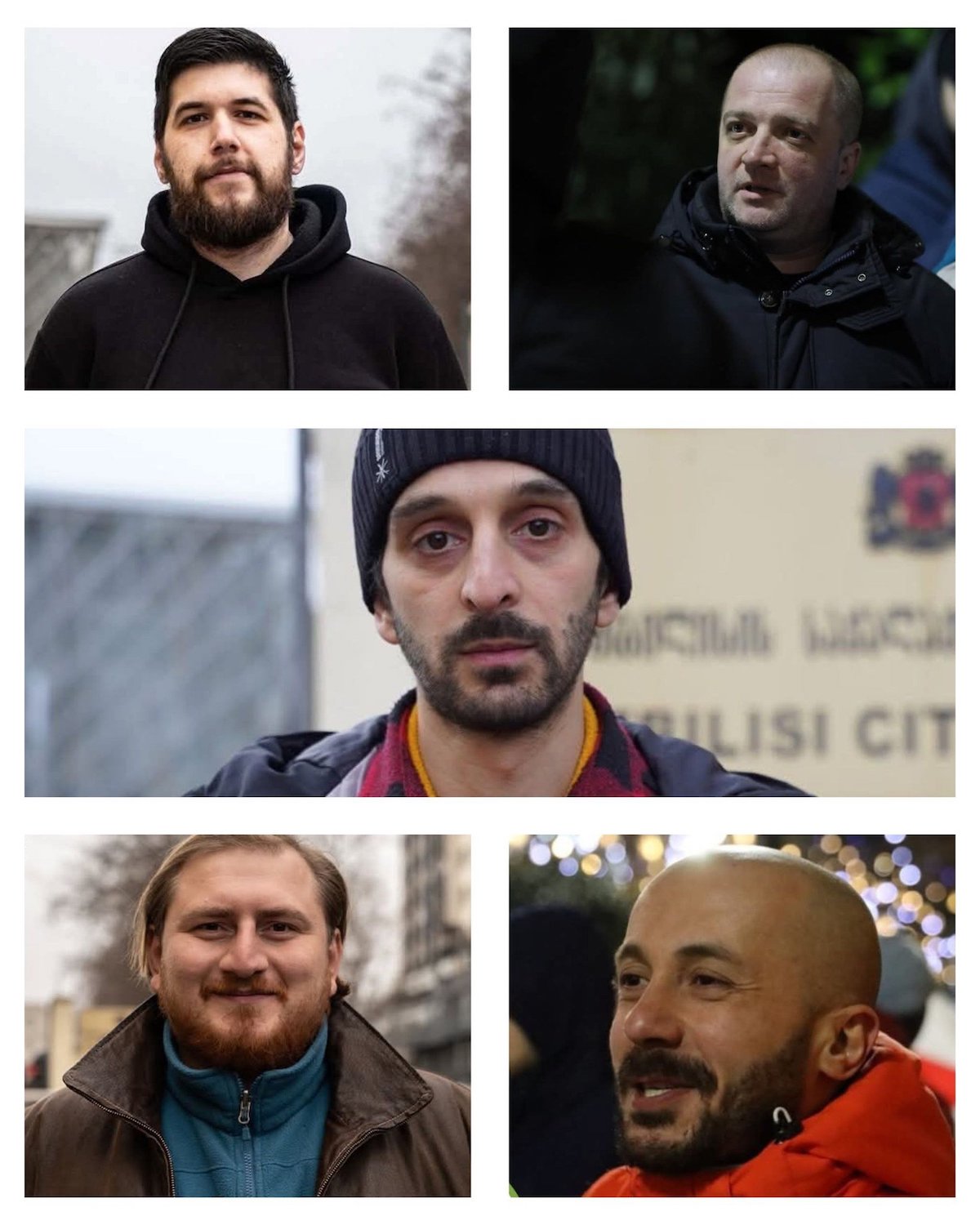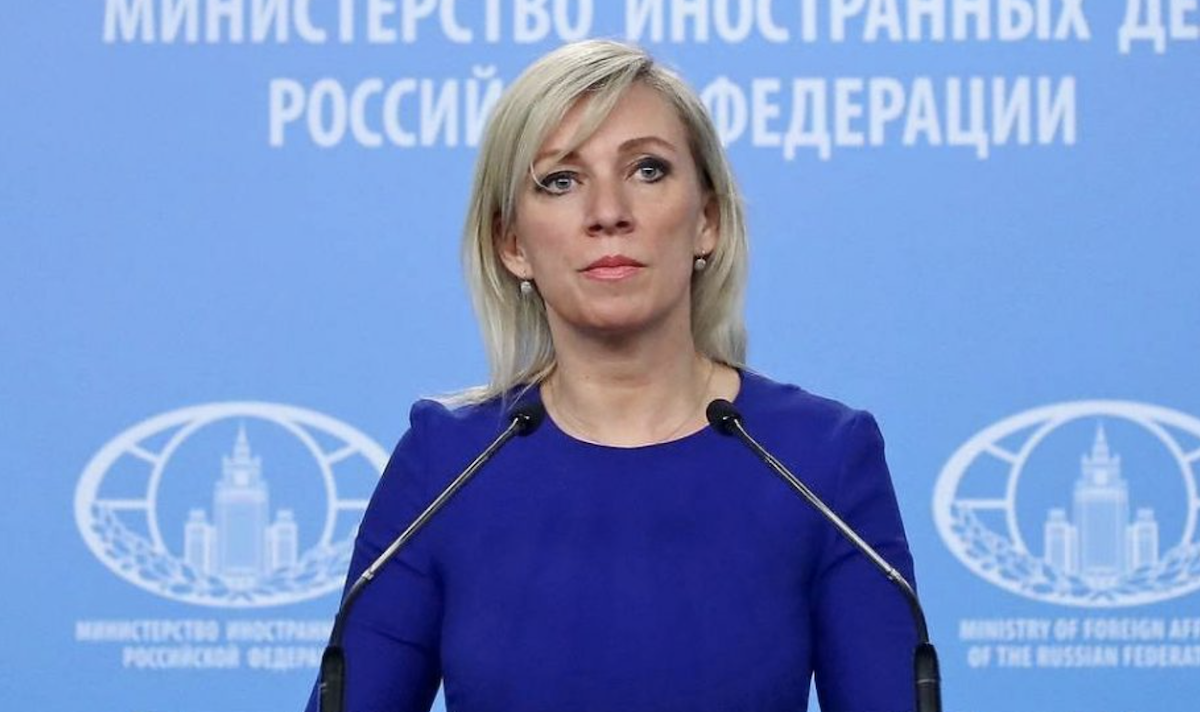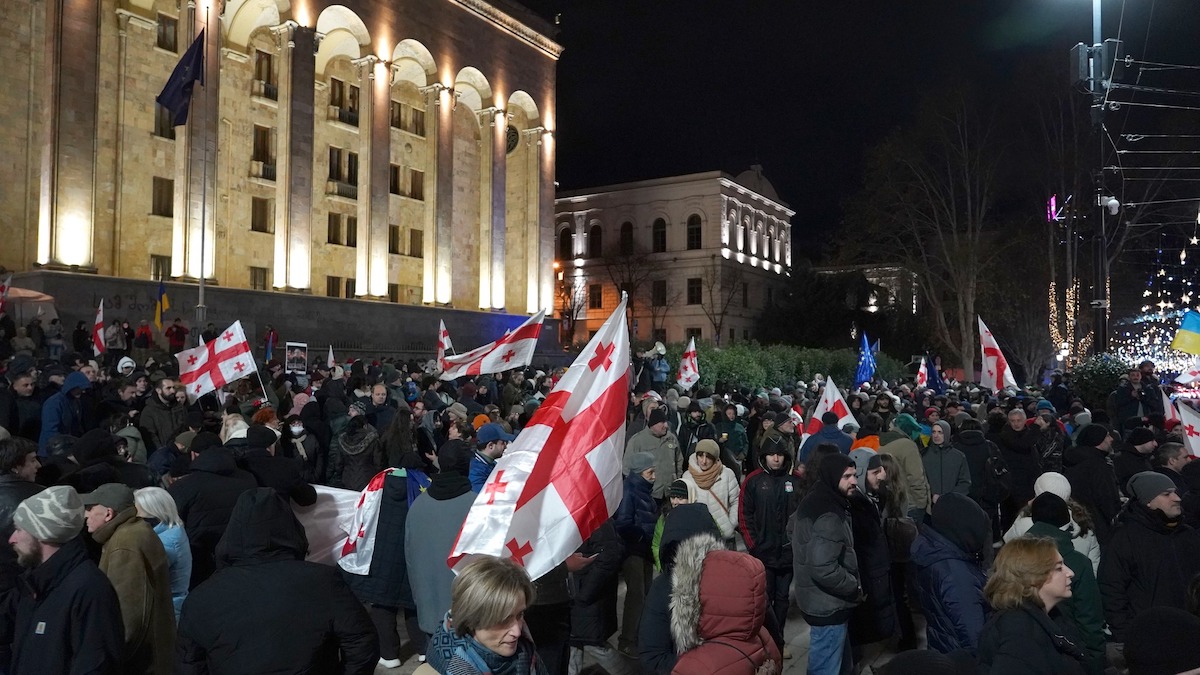Legal experts: 'New Georgian Dream amendments unconstitutional'
Opinion on Georgia’s laws
According to the Georgian Young Lawyers’ Association (GYLA), the Georgian Dream initiative to bar certain individuals from political activity is incompatible with the Georgian constitution.
Irakli Kirtskhalia, leader of the Georgian Dream parliamentary majority, said at a briefing that “individuals associated with a political party that violates constitutional principles” will no longer be able to run in parliamentary or local elections or hold political office. He also stated that these individuals will be completely barred from party activities.
According to the organisation, banning individuals associated with “prohibited” parties from political life represents a vague and unjustified form of collective responsibility, which violates Article 11 of the European Convention on Human Rights.
GYLA described the new legislative changes as laying the groundwork for the elimination of political opponents and an attempt to establish a one-party authoritarian government. According to the organisation, the introduction of new, already individual restrictions for people associated with opposition political parties is a continuation of this trend.
“The authors of the bill refer in the explanatory note to the concept of ‘defensive democracy’ and state that the aim of the bill is to protect democratic processes from ‘abuse.’
The doctrine of ‘defensive democracy’ does indeed recognise that democracy must have the capacity for self-defence; however, it should be noted that an essential part of this doctrine is a liberal democratic order, based on encouraging free competition between political actors and underpinned by freedom of speech and association, as well as principles of pluralism and tolerance.
The bill creates a real risk that the principle of ‘defensive democracy’ could be used to strengthen authoritarian tendencies and, under the pretext of protecting democracy, become a tool for eliminating political opponents,” the Georgian Young Lawyers’ Association wrote.
In addition, the organisation notes that the bill does not clarify what constitutes a “person associated with a party” or what type of association this entails. The association emphasises that such vague wording leaves wide scope for interpretation and creates a risk of abuse, whereby the activities of opposition-aligned individuals could be easily restricted through the courts under the status of a “person associated with a party.”
“Restrictions on political rights are only permissible when necessary to achieve a legitimate aim and proportionate to the benefit gained. Membership in a party alone does not entail individual responsibility for the party’s unlawful actions. A person cannot be punished solely for being associated with a party that is later banned,” the lawyers said.
GYLA also noted that in the proposed version of the bill, this responsibility is not time-limited, and a person’s association with a particular party could effectively end their political career for life, which disproportionately restricts their political rights.
In addition, the organisation noted that Georgian Dream does not hold a constitutional majority. It is therefore attempting to create the legislative framework it needs by securing a simple majority under current law.
As GYLA explains, adopting these amendments would ultimately lead to a significant undermining of democracy. Because the line between defending democracy and destroying political pluralism is very fragile, the constitution clearly sets limits on what is permissible.
“Accordingly, in our assessment, the proposed bill, which imposes restrictions on political activity for individuals associated with banned parties, violates the Georgian constitution and international standards. The amendment disproportionately and indefinitely limits individual rights, which in the long term could lead to the disappearance of political pluralism,” the statement reads.
Opinion on Georgia’s laws










